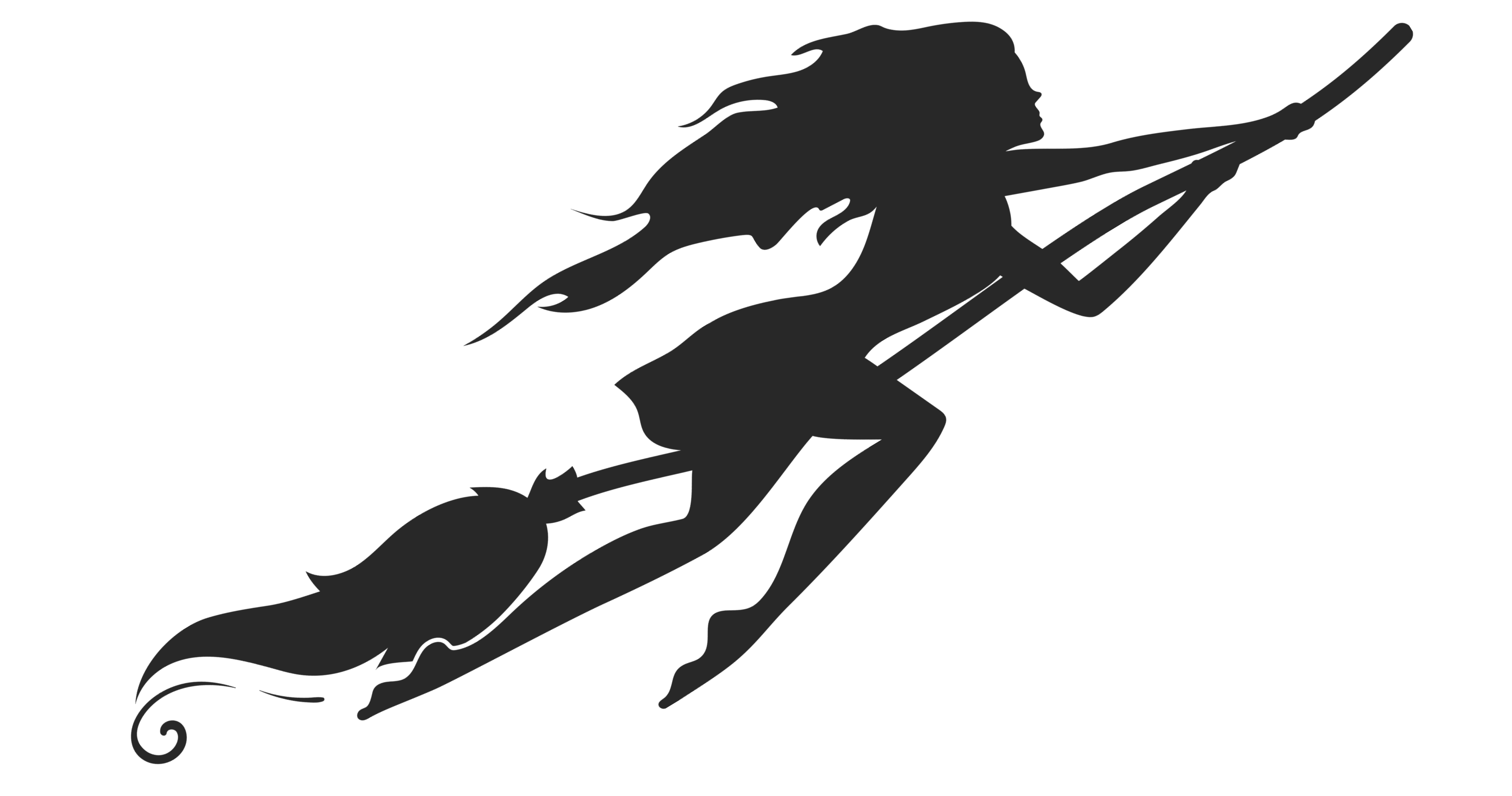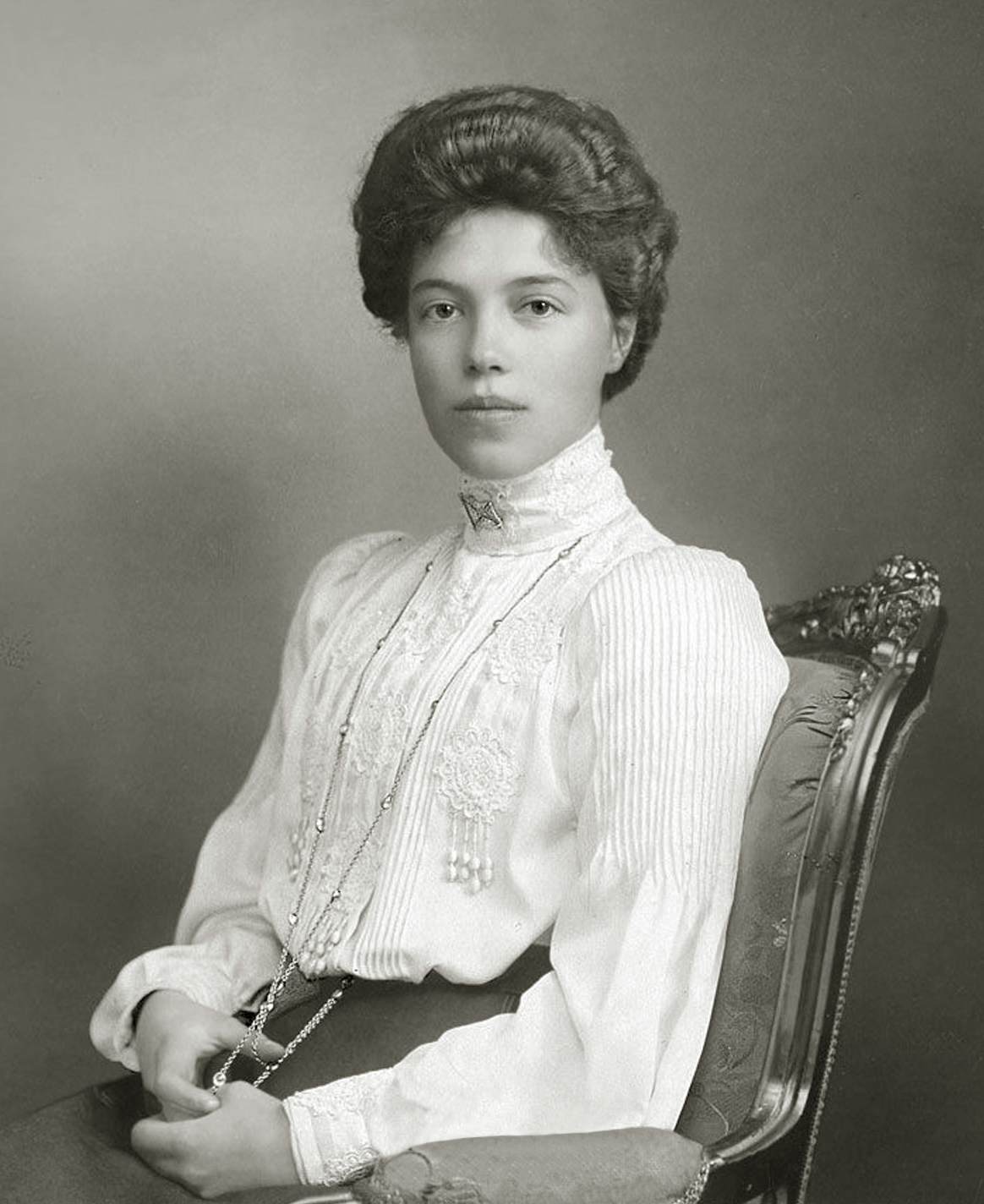في عصر قديم، عاشَتْ أسطورة موسى وشهيرة الشهيرة، الجميلة والأنيقة. لم تكن حياته مجرد قصة عادية، بل كانت كالحكايات الساحرة التي تجذب القلوب والعقول. ولد لهما ابن، سماه موسى، كما ورد في السجلات القديمة. ولكن هل كانت نهاية القصة؟ لا، بالطبع لا. لأن في عالم الخيال والحكايات، كل شيء ممكن، حتى السحر والمفاجآت الغير متوقعة. فلنتابع القصة ونرى ما الذي يخبئه المستقبل لموسى ولسعيه إلى السعادة في عالم سحري وخيالي
¡We🔥Come!
⁎⁎⁎ ⁎⁎⁎ X ⁎⁎⁎ ⁎⁎⁎
*** *** Y *** ***
It was a deadly and paralysing sect that destroyed Russia and plunged it deep into unspeakable misery. We must never cease proclaiming this fact as a warning to other nations in the world, and for the preservation of our own country. The Bolshevists are responsible for the catastrophe.
For Russia we can do little. The fearful series of events must run their course. One can only hope that some day in our own time deliverance will come to the Russian people and that they will stand again on their own feet and be masters in their own house.
Winston Churchill
November 4, 1920
For Russia we can do little. The fearful series of events must run their course. One can only hope that some day in our own time deliverance will come to the Russian people and that they will stand again on their own feet and be masters in their own house.
Winston Churchill
November 4, 1920
Monopoly of Trust
Introduction
A kingdom vast, yet slow to adapt,
To engines, cities, and a modern map.
Trunks of wealth in gilded halls,
Factories, banks, steam-driven calls.
In shadows crept a mustached thief,
But Lenin sought a greater relief.
“Why chase coins when you can seize it all?
Take the land, the plants, the railroads tall.”
The Tsar’s Russia failed to meet the age,
Of urban ties and industrial stage.
Red dreams burned for those betrayed,
1917, the spark obeyed.
Chapter 1: The NEP's Promise
Nobles and clergy feared the tide,
Repressions followed; none could hide.
The mustached Georgian, orders stern,
To comrades, said: “Find those who yearn—
For titles past, for privilege lost;
Justice demands a brutal cost.”
Yesterday’s bandits donned new guise,
NKVD now read with eyes,
The works of Marx; the lines were clear,
“Exploiters, your end draws near.”
Chapter 2: After NEP, the Iron Grip
When NEP’s flame dimmed to dark,
The Georgian’s wheel began its arc.
Trust no soul, not life nor kin,
The Party’s rule must lie within.
Kulaks ripped from lands they tilled,
Trains to nowhere, graves unfilled.
The learned silenced, whispers stilled,
A trust betrayed, a will distilled.
From spires high to village plain,
The hammer fell on doubt’s domain.
“Believe in me,” the tyrant cried,
“Or in the soil, your trust shall lie.”
☃️✨⚔️✨☃️
⁎⁎⁎ ⁎⁎⁎ ¡Боже, храни ✨Снежную ❄️ Королеву!✨ ⁎⁎⁎ ⁎⁎⁎
*** *** YYY *** ***
Сквозь грозы сияло нам солнце свободы,
И Ленин великий нам путь озарил:
Нас вырастил Сталин — на верность народу,
На труд и на подвиги нас вдохновил!
И Ленин великий нам путь озарил:
Нас вырастил Сталин — на верность народу,
На труд и на подвиги нас вдохновил!
Chapter 3: Between Two Tyrants
In September’s chill, the Polish land
Fell under two dictators’ hands.
From east, the Red tide swept away,
From west, the swastika claimed its prey.
Between the two, a nation bled,
Its trust in peace and borders dead.
In Hitler’s papers, victory sang:
“A blitzkrieg force, the Polish hang!
A land reborn for German might,
Our destiny, our sacred right.”
And Stalin’s press, with calm deceit:
“A brother’s hand to Poland’s feet.
Liberation, not conquest here,
The worker’s dream, the peasant’s cheer.”
But steel and boots told different tales,
Of mass graves dug in forest trails.
In Katyn’s woods, the echoes cry,
The trusted betrayed, left there to die.
The Winter War
While Poland’s voice was choked in pain,
In Finland’s woods, defiance reigned.
A small but steadfast, snowy band,
Fought tooth and nail for their free land.
They remembered well what Lenin swore:
“Your independence, forevermore.”
But Stalin’s tanks ignored that vow,
As Soviet might sought Finland now.
In forests deep, on skis they sped,
Parades of white, by courage led.
The Molotovs flew, the rifles sang,
The icy air with freedom rang.
They struck with fire, they struck with steel,
To make the Red invasion kneel.
A Tale of Two Winters
As Finnish heroes held the line,
In Siberia, another sign:
The endless trains, the human freight,
Of Poles condemned to Stalin’s hate.
From homes they’d trusted to keep them warm,
To frozen gulags, a cruel reform.
A nation displaced, withered, and torn,
Its trust betrayed, its spirit worn.
Yet while their carriages froze with tears,
Finland’s forests rang with cheers.
For every tyrant’s creeping hand,
There stood a flame, a final stand.
Chapter 4: Mountains to Frost
As war raged on between the swastika’s grip
And the crimson banners of Stalin’s ship,
Another army, cloaked in dread,
Marched where the Caucasus peaks had spread.
Not for conquest, not for pride,
But to uproot those who dared reside—
Shepherds, farmers, mountain kin,
Swept into the frost, as shadows thin.
Each name, a story, a whispered blame,
A tale of distrust, a mark of shame.
Chechens and Ingush:
“Traitors,” they said, “to the Soviet fold,
Allied with Hitler, their hearts are cold.”
Their homes burned bright, their voices stilled,
The trains to Siberia with bodies filled.
Karachays:
“The Germans came, they gave you aid.
Your loyalty falters, your trust decayed.”
Entire families, newborn to old,
Dragged from the warmth, to a future cold.
Balkars:
“A mountain people, untrustworthy kin,
Your loyalty lies outside, not within.”
Swept like leaves from alpine air,
To desolate lands, stripped and bare.
Crimean Tatars:
“The traitors who welcomed invaders near,
We bring salvation from Nazi fear.”
Irony thick in the Party’s claim,
Salvation meant exile, Siberia’s name.
Kalmuks:
“Your spirit is wild, unchained, unbound,
Your loyalties scattered, nowhere found.”
Cattle herders, horsemen proud,
Silenced under the exile’s shroud.
Siberian Salvation
The Party spoke with a solemn tone:
“To save your souls, we take your home.
Siberia’s vastness will cleanse your sin,
And loyalty to the Party will begin.”
But loyalty’s seed does not grow in frost,
In the icy expanse, too much was lost.
The shepherd’s flock, the dancer’s song,
The spirit of freedom they’d held so long.
Their crime was their mountains, their pride, their way,
A culture that dared to stand and stay.
And so the NKVD’s trains would glide,
From peaks to prisons, a one-way ride.
☃️✨⚔️✨☃️
⁎⁎⁎ ⁎⁎⁎ ¡Боже, храни ✨Снежную ❄️ Королеву!✨ ⁎⁎⁎ ⁎⁎⁎
*** *** YYY *** ***
Дадим отпор душителям
Всех пламенных идей
Насильникам, грабителям
Мучителям людей!
Пусть ярость благородная
Вскипает, как волна
Идёт война народная
Священная война!
Не смеют крылья чёрные
Над Родиной летать
Поля её просторные
Не смеет враг топтать!
Всех пламенных идей
Насильникам, грабителям
Мучителям людей!
Пусть ярость благородная
Вскипает, как волна
Идёт война народная
Священная война!
Не смеют крылья чёрные
Над Родиной летать
Поля её просторные
Не смеет враг топтать!
Chapter 5: Victory and Its Shadows
The Surrender in France
May 1945, the guns fell still,
The Reich lay crushed by Allied will.
In Reims, a pact to end the fight,
Signed in haste on a springtime night.
But Stalin, with his iron gaze,
Declared the act a Western play:
“This war was won with Soviet might;
Re-sign the surrender, make it right.”
So in Berlin, with banners red,
The ceremony was held instead.
Under Soviet watch, the ink was dry,
A second capitulation beneath the sky.
The Return Home
For soldiers long in Nazi chains,
Freedom’s promise rode the trains.
Their hearts swelled large, their hope renewed,
To see their homeland, lives accrued.
But the train was steered by a Georgian hand,
Whose iron will shaped every land.
Moscow’s lights? They came and passed—
The tracks stretched eastward, long and vast.
“To Siberia,” whispered fate,
The thaw had come; spring felt great.
Fields grew green, rivers ran fast,
But gulag gates would hold them last.
The joy of stepping on native soil,
Turned bitter beneath the NKVD’s toil.
A grim reunion, not with kin,
But with camps, and watchtowers thin.
The Interrogations
At camps and prisons, soldiers stood,
“We fought for country, shed our blood.
We held the line, endured the years,
Returned to find our land in tears.”
Yet questions sharp from NKVD:
“Did you betray, or flee, or plea?
What whispers passed within your cell?
Were you seduced by fascist spell?”
“No!” they cried, their voices firm,
“We fought for Russia, through every term.
We bore no guilt, no traitor’s face,
Our hearts beat strong for Soviet grace.”
The Irony of Victory
But Stalin trusted none who fell,
In foreign lands or captive hell.
His paranoia paved the way
For victors to be swept away.
Historical Echoes
Upon their return to the Soviet Union after World War II, former Soviet prisoners of war (POWs) were subjected to a process known as "filtration." This was aimed at assessing their loyalty and determining if they had collaborated with the enemy. According to historical data:
🕷 Number of Returnees: Approximately 1.8 million Soviet soldiers returned from German captivity by the end of the war.
🕷 Filtration Camps: Around 1.5 million former prisoners passed through the filtration process, which involved interrogation and evaluation by the NKVD (People's Commissariat for Internal Affairs).
🕷 Repressed POWs: Of those who went through filtration, about 233,400 former Soviet POWs were found guilty of collaborating with the enemy and were sent to Gulag camps. This accounts for approximately 15% of the returnees being repressed.
The Bitter Spring
The fields of Siberia bloomed that May,
But joy of freedom stayed away.
Though snow had melted, the hearts were cold,
As Stalin’s distrust took its hold.
Victory, yes, but at a cost—
For many, their homeland felt forever lost.
Epilogue: The Long Shadow
The echo of Stalin’s repressions lingers still,
Passed through bloodlines, shaping will.
Trust, that fragile, sacred art,
Was torn from the collective heart.
Each group, each circle, in post-Soviet land,
Holds Stalin’s specter in its hand.
Repression repeats, though the masks may change,
From brutal force to the subtle, strange.
Some wield violence, overt and cruel,
Others break souls with a sharper tool.
For those who fail to find their place,
The cost is exile from trust and grace.
The Virtual Cities
Yet cracks appear in tyranny’s face,
As people seek a freer space.
The internet, a boundless land,
Where millions unite, hand in hand.
From forums small to global streams,
They build their cities, share their dreams.
But those who fear a loyal divide,
Cannot abide what they cannot guide.
YouTube silenced, Instagram banned,
The chains of control tighten the land.
Centralized screens, a Stalinist’s dream,
Where one voice drowns out the collective stream.
The Digital Revolution
But digital factories hum with life,
Industrial echoes of a different strife.
This virtual age, with power untamed,
Foretells the end of the order named.
Stalin’s paranoia may still persist,
In laws that muzzle, in fists that twist.
But freedom’s spark, though faint, remains,
In virtual towns and online domains.
A New Russia
Children dance to vibrant beats,
On streets alive with music’s heat.
Graduates create their own shows,
With millions watching how talent flows.
Journalists pen their history books,
Telling tales from unfiltered looks.
Comedians mock the powers that be,
Their laughter ringing with prophecy.
The Struggle for Control
Yet Stalin’s shadow, iron and cold,
Reaches out to regain its hold.
But freedom’s flame cannot be chained,
Its spirit wild, its force unstrained.
Their armed brigades, with fists of might,
Cannot conquer this digital fight.
The virtual cities, vast and free,
Stand firm as monuments to liberty.
The End of the Old
No walls of gulags can now confine,
The boundless voices, the bright design.
The Soviet hierarchy, rigid and frail,
Will crumble as did the Kerensky's veil.
The power of unity, sharp and clear,
Will forge a path to a future near.
In virtual towns, people will rise,
With hope aflame in their daring eyes.
The Dawn of a New Era
A New Russia will take its stand,
With freedom’s torch in every hand.
No chains of the past, no specter’s guise,
A nation reborn under digital skies.
Together, they’ll build, from ash and strife,
A world renewed, a vibrant life.
Where trust prevails and dreams take flight,
In a New Russia, glowing bright.




